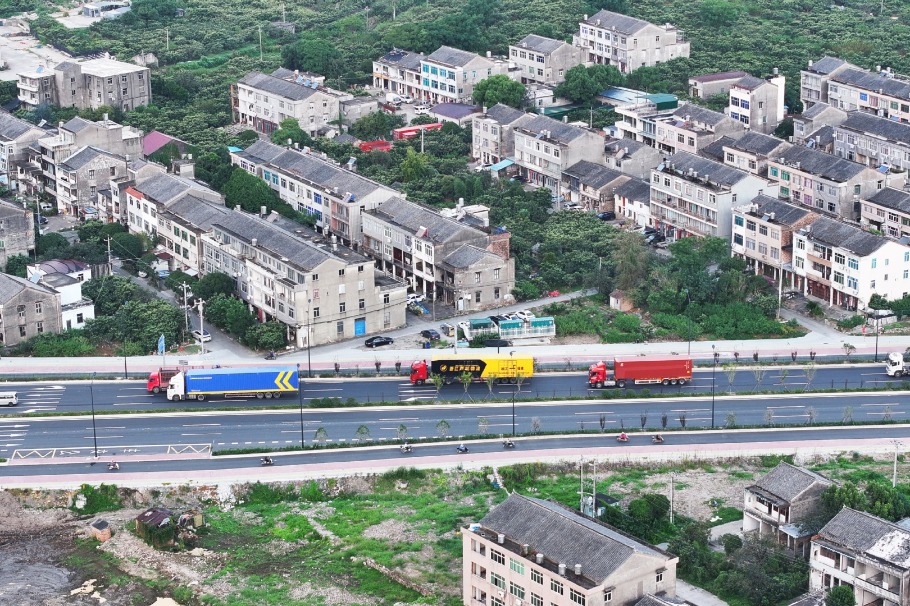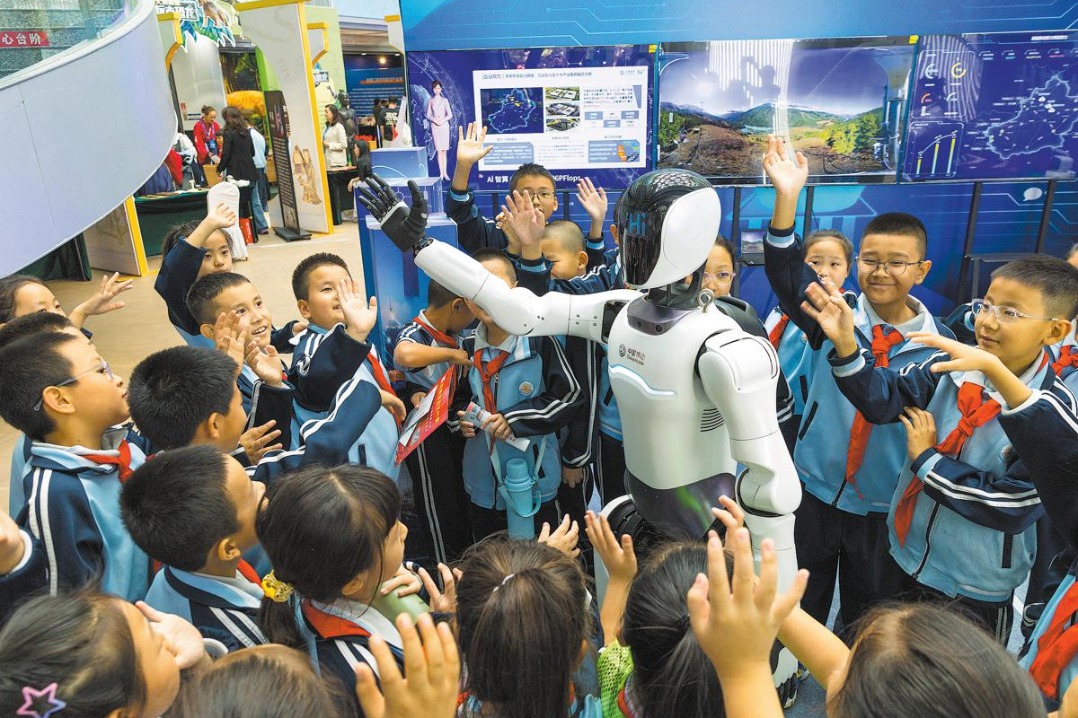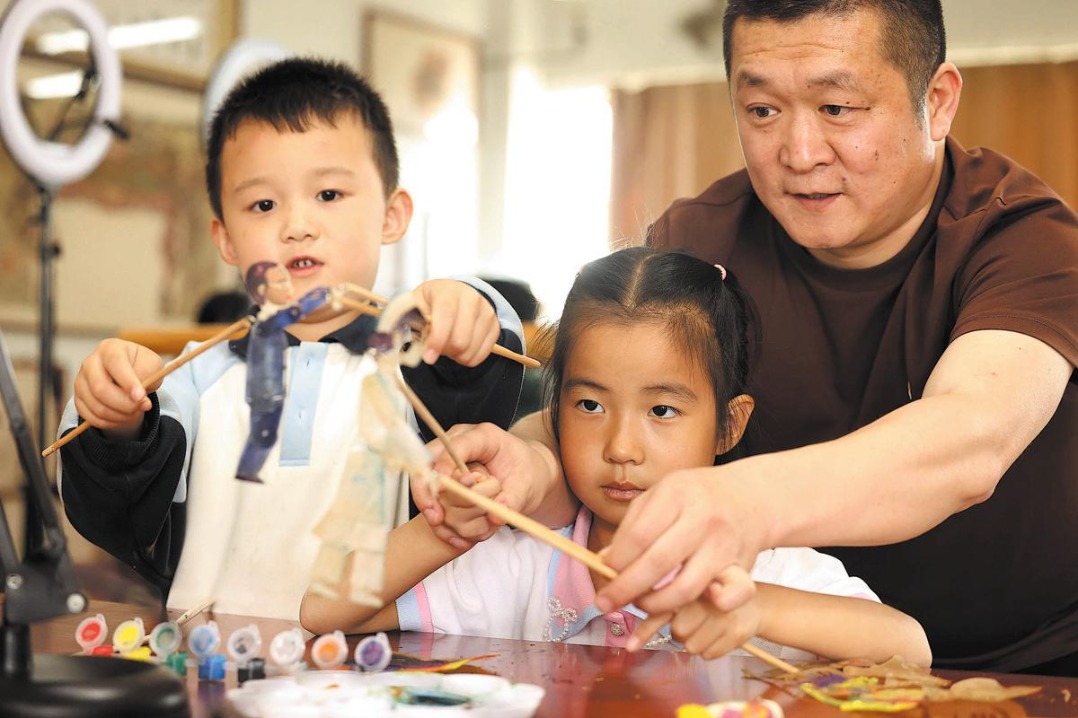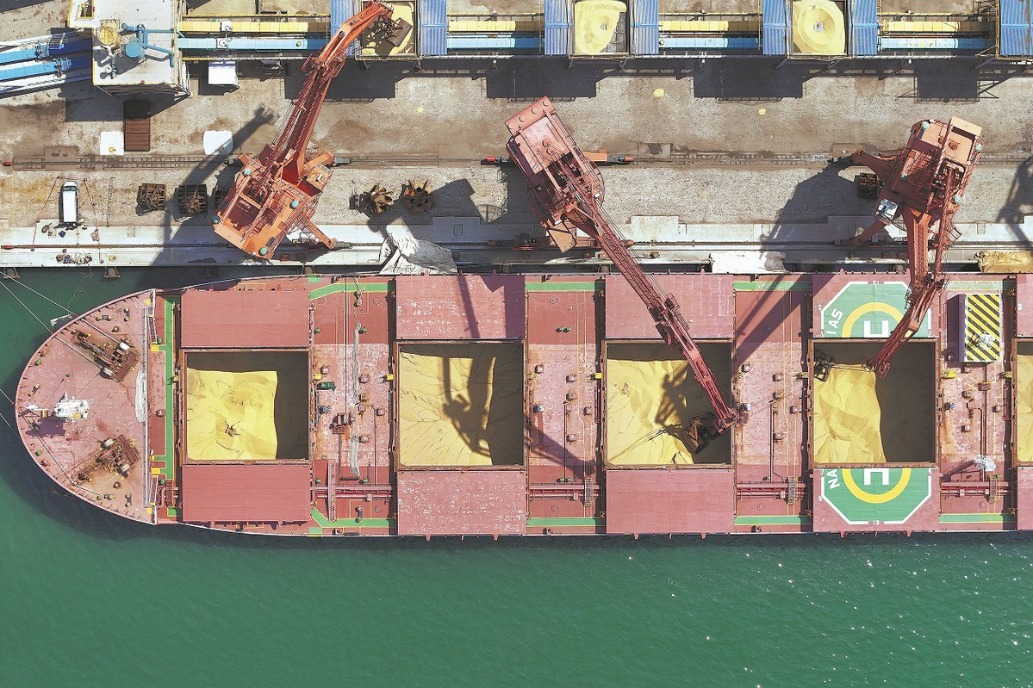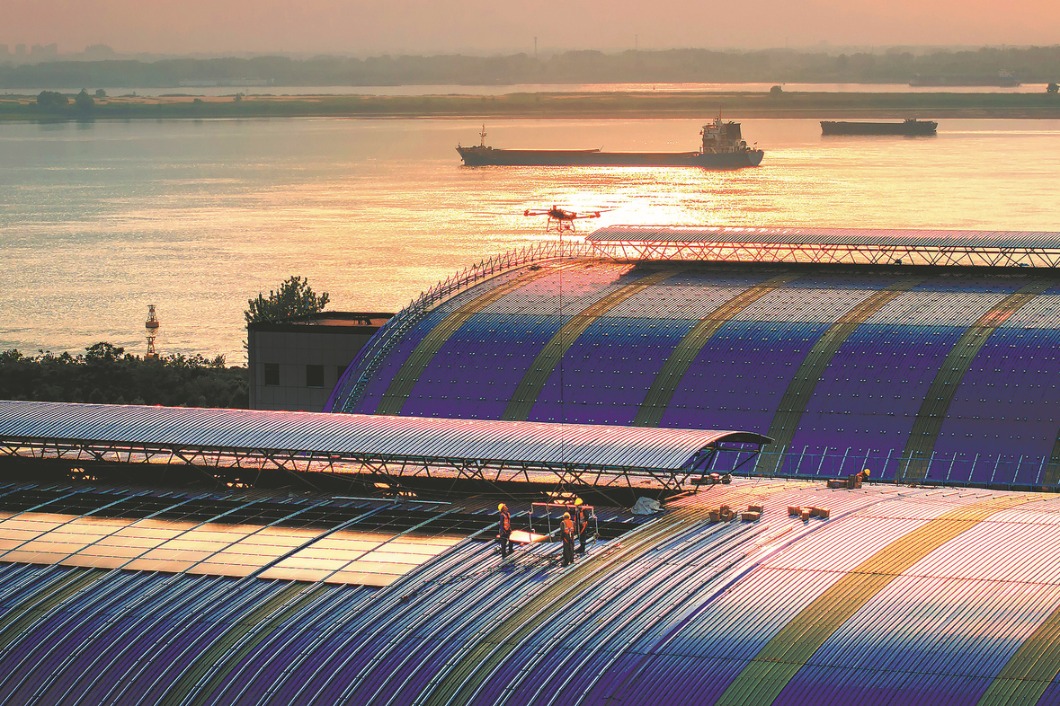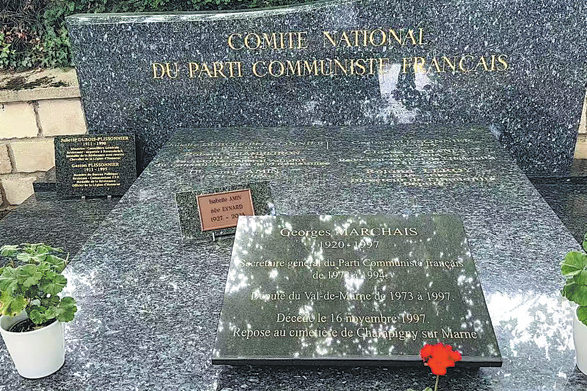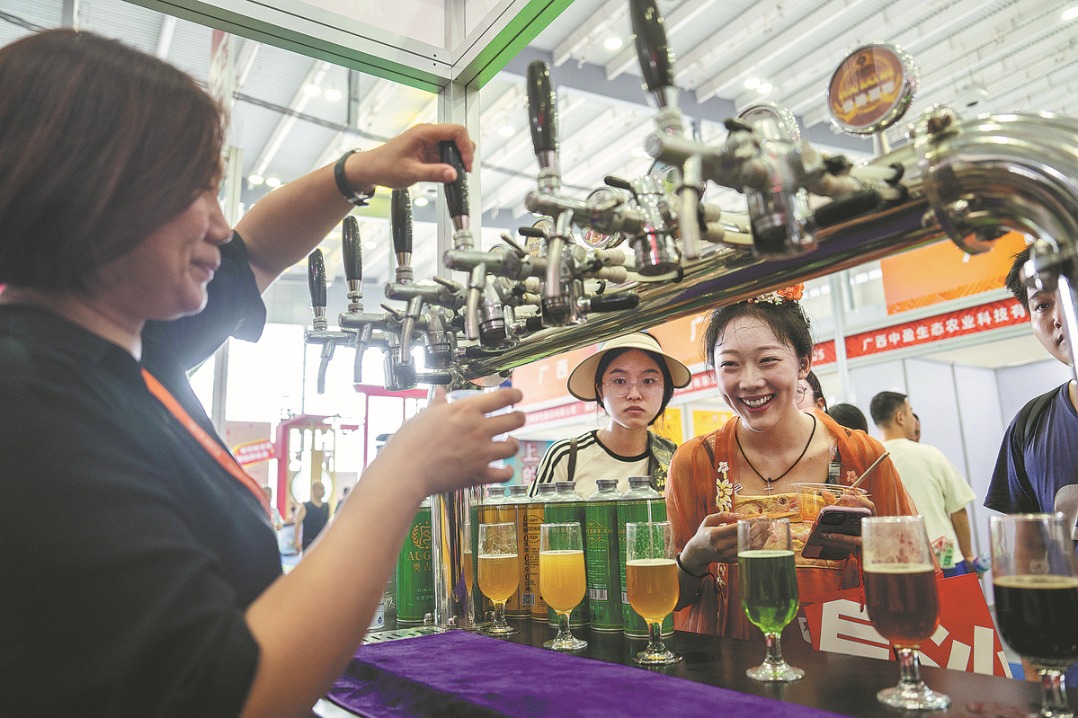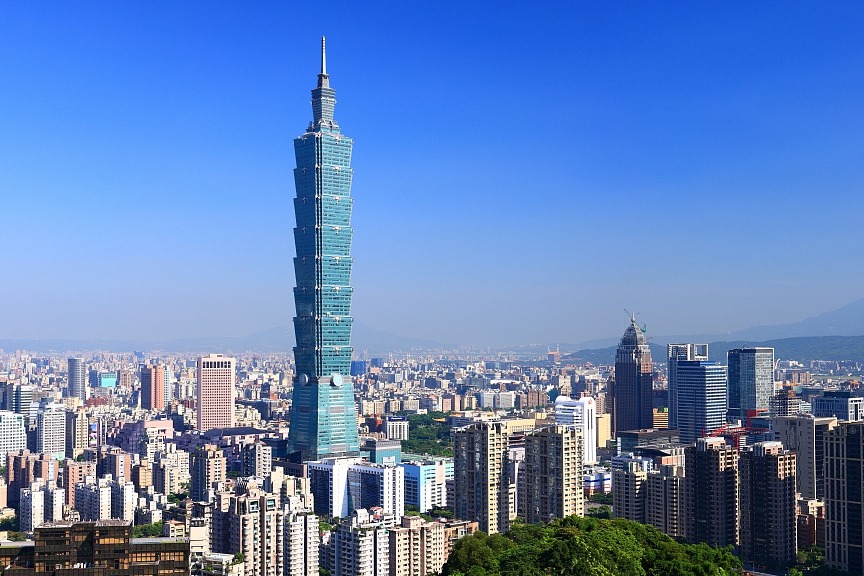Lai's address betrays hollowness of his rhetoric: China Daily editorial

The same old rhetoric, the same old false claims, and the same old efforts to justify the Taiwan island's so-called "strategic relations" with Washington. That sums up Taiwan leader Lai Ching-te's address on Friday. His speech exposed the contradictions and illusions of his economic and security agenda. An agenda based on secessionism and dependence on the United States, and riddled with inconsistencies. It was a speech that revealed his misplaced confidence and the Taiwan authorities' deepening crisis of credibility.
On the economic front, Lai trumpeted Taiwan's "resilience" and "record highs" in economic growth, quoting the Asian Development Bank's revised growth forecast from 3.3 to 5.1 percent for 2025 to embellish his claim. What he omitted, however, is the sharp drop in the growth forecast of the Taiwan "Directorate General of Budget, Accounting and Statistics" to 2.81 percent for 2026, largely due to Washington's punitive 20 percent tariffs on Taiwan goods.
Under the Lai authorities, the island's so-called closest ally, the US, has become its biggest economic threat. While Lai tried to downplay the impact of the tariffs, his proposal of a NT$93 billion ($2.9 billion) "tariff-impact support plan" for enterprises, workers, and the agricultural and fishing industries showed the devastating impact the tariffs have had on the island's economy. The US tariffs affect nearly a quarter of the island's US-bound exports — worth about $23 billion a year — and could reduce its GDP growth by up to 0.8 of a percentage point next year.
A major threat to the Taiwan economy comes from Washington's coercive push for the island's semiconductor enterprises to relocate high-end manufacturing to the US. The island's largest chipmaker, Taiwan Semiconductor Manufacturing Company, has already committed $165 billion to build six fabrication plants in Arizona and other US states, which incidentally will create about 6,000 engineering jobs in the US but denude Taiwan of high-value manufacturing. The island produces over 90 percent of the world's advanced semiconductors, which account for 15 percent of its GDP and employ 2.8 percent of its workforce. Instead of defending these advantages, Lai hailed the TSMC's decision under duress as "strategic cooperation" with the US.
To put it simply, Lai's economic model is unsustainable. Despite persistent youth unemployment, stagnant average wages, and the island's population aging faster than any other society in the region, Lai continues to create barriers to normal trade and economic cooperation with the Chinese mainland — the island's largest trading partner, which accounts for more than 36 percent of its exports during peak periods and sustains tens of thousands of jobs.
On the security front, Lai's proposal to raise defense spending to 3.3 percent of GDP (about NT$949.5 billion) in 2026 and to 5 percent by 2030, and his call to build a so-called "T-Dome" defense system expose his desperation to curry favor with Washington by enriching the US military-industrial complex by billions of dollars. Indeed, his slogan-driven policies are not about protecting the island's residents but about entangling them in his secessionist cause.
According to the latest United Daily News survey, public dissatisfaction with Lai's handling of cross-Strait relations has surged to 63 percent, up 20 percentage points from a year ago, while his approval rating has plunged from 44 percent to just 26 percent. The DPP's legislative losses, local-election setbacks, and Lai's unsuccessful "pro-unity" speech campaign point to a dramatic erosion of public trust in the Lai authorities.
Particularly ridiculous is Lai's plea to the mainland to "cease distorting" UN General Assembly Resolution 2758 and World War II documents, because his party and administration are the ones trying to rewrite history and challenge the 1992 Consensus that there is only one China.
The mainland will continue to promote the peaceful development of cross-Strait relations and deepen exchanges and cooperation, but it will also resolutely oppose "Taiwan independence" activities, foreign meddling in the country's internal affairs, and firmly safeguard the nation's sovereignty and territorial integrity.
















